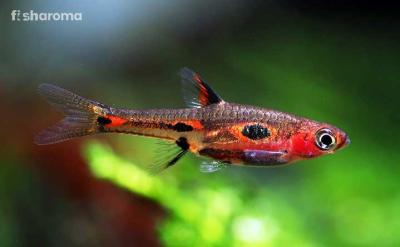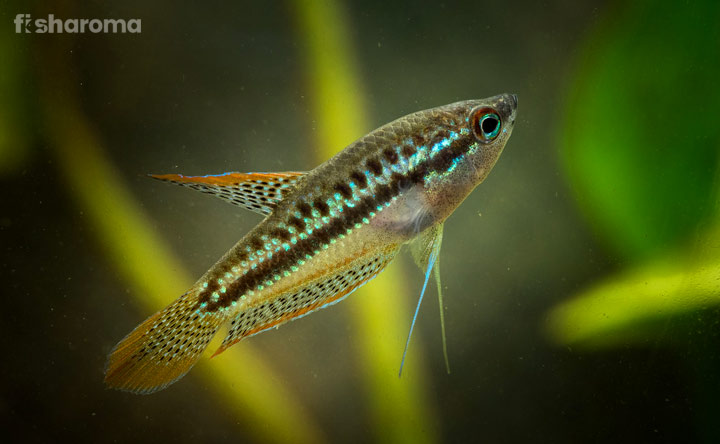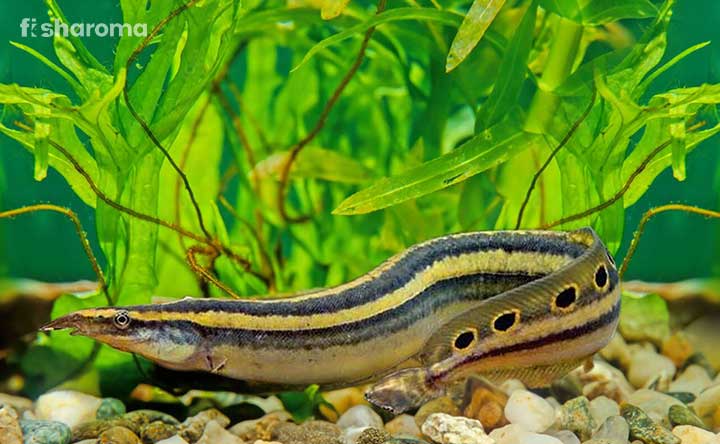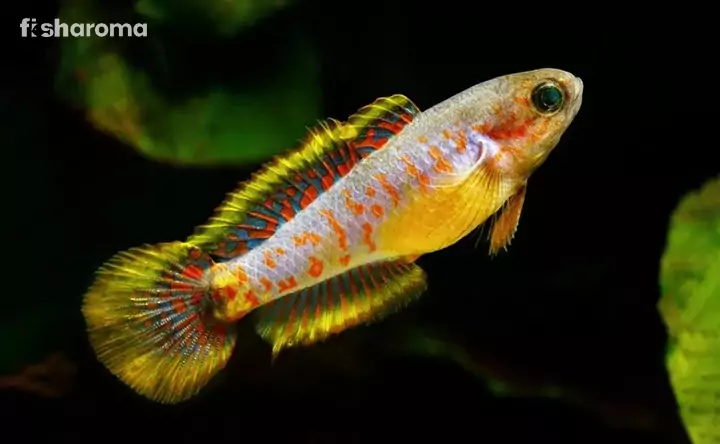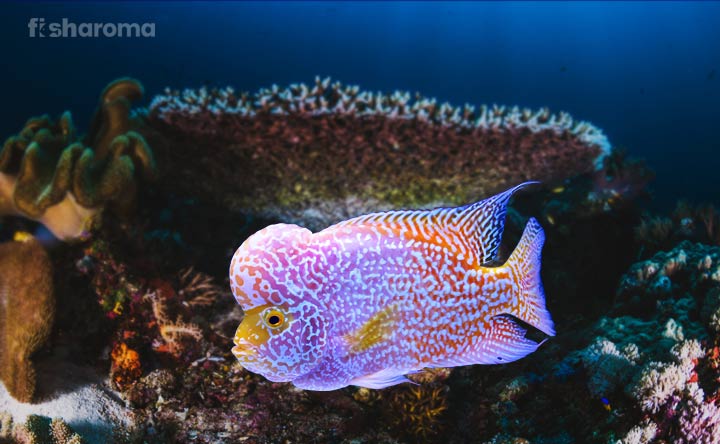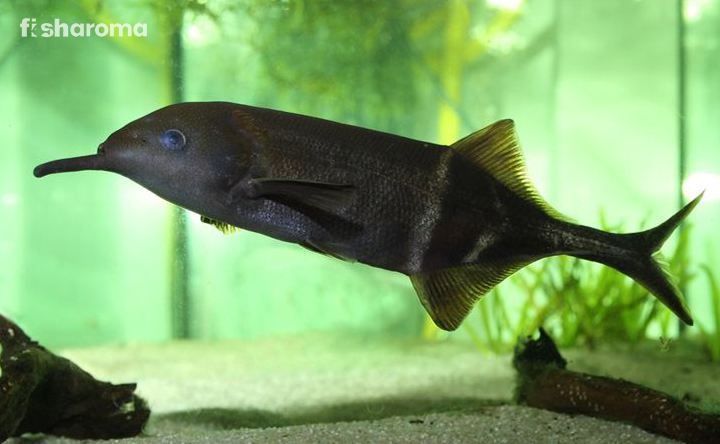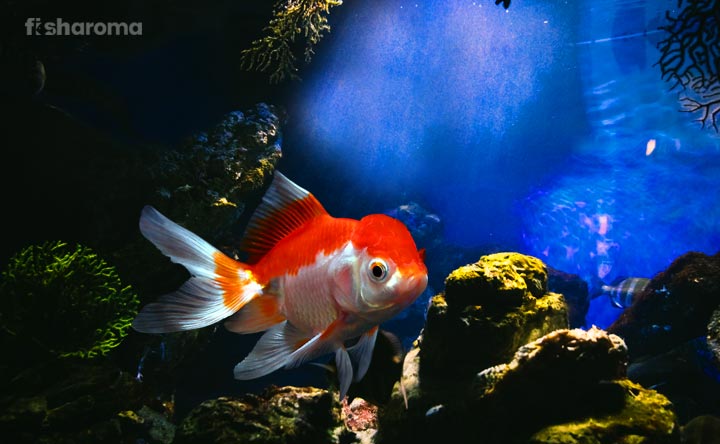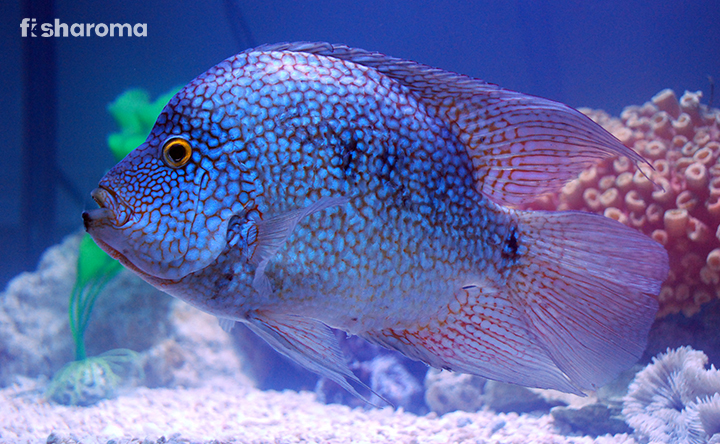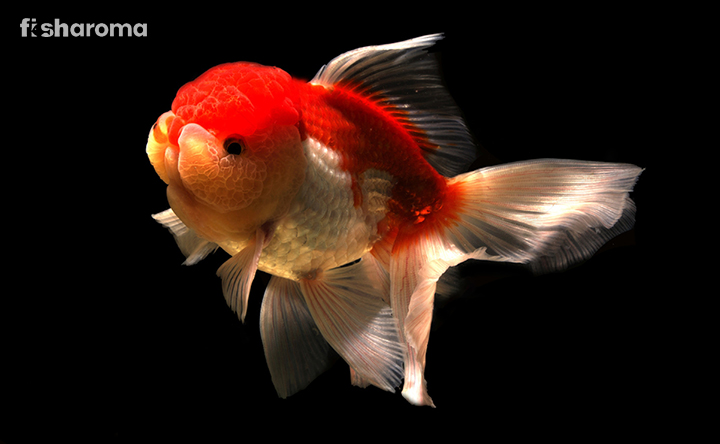Betta Fish Food: Dietary Plan for these Magnificent Creatures
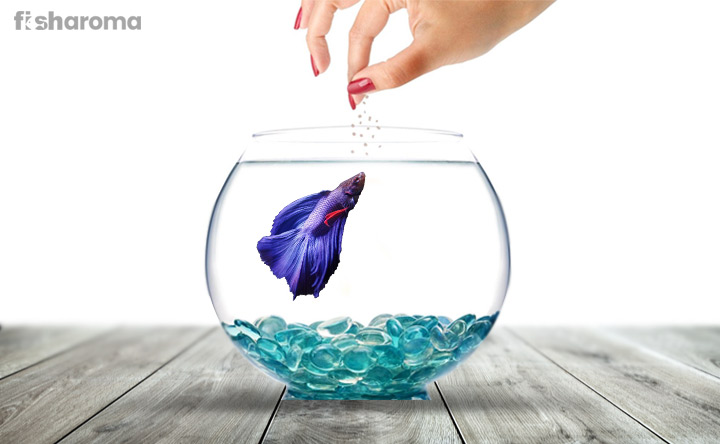
Just like any other living creature, a diet is what makes or breaks the life of a pet. Therefore, one must have do thorough research on the food situation in order to ensure that their pet stays healthy and they live up to their fullest potential. And we are here to discuss the dietary plan of one such pet that has been in high demand in the recent years – Betta fish. We will discuss everything that there is to discuss about Betta fish food so that you don’t have to worry about their dietary plans anymore.
But before we get into the food habits of Betta, let us see get acquainted with them first.
An Overview of Betta Fish
Belonging to the Osphronemidae family, the scientific name for Betta is Betta splendens. They are also known by the name of Siamese Fighting-Fish, because of their aggressive nature, especially towards the male members of their own breed.
They are a freshwater species native to the Mekong basin of Cambodia, Thailand, Vietnam, and Laos and can be found in rivers, lakes, rice paddies, floodplains and standing water of canals. Highly territorial and defensive in nature, they boast one of the most intrinsic looks in the aquatic world. Their finely-detailed and brightly-colored fins are their distinct feature.
What do Betta Fish Eat?
Bettas are carnivores, more precisely, insectivores, in nature. In the wild, they would feed on Brine Shrimp, Mosquito Larvae, Daphnia, Bloodworms, Glassworms, Tubifex, among others. Essentially, small insects and aquatic worms constitute their diet. So, as you might have understood by this statement that their diet should include meaty products.
The vibrancy of its colors is the direct result of the food it eats. A healthy diet is what is going to keep your Betta away from contracting fatal diseases as well.
The five substances that must be present in their diet are as follows:
Vitamins
Mostly found in live and frozen Betta food, Vitamins help these fish to become resilient to diseases such as anemia.
Carbohydrates
The level of the energy that a Betta exudes depends on the carbohydrates present in its diet. However, carbohydrates need to be given in moderation since an excessive amount of it can lead to constipation in them.
Minerals
Found in Betta pellets, minerals are essential because they help in regulating fluid.
Proteins
Proteins help in building bones and tissues in Betta apart from proving energy to them.
Fiber
Fiber-based food helps in the smooth digestion of food in Bettas.
Types of Betta Fish Food
You will find various types of Betta fish food in the market. In fact, sometimes the choices can be overwhelming. So, how do you know which one is the best for your Betta? Which food is the most nutritious and which one contributes most towards its health? We answer all your queries.
Live Foods
It goes without saying that if Bettas have access to the same food that is available in their natural habitat, then their health would prosper. However, live food brings along with it a bunch of major drawbacks. Primary among them are its availability, price, and maintenance. You will not find live food everywhere and even if you do, they will be very expensive and they would demand a specific storage condition.
Besides, there is always the risk of them carrying parasites and diseases, if they are bought from unreliable sources. This situation will end up contaminating the entire tank.
Nonetheless, it can’t be denied that they are a great source of food for these carnivoros fish. Bettas are natural hunters, which is why they are always up for a challenge of chasing small insects in an aquarium. Some of the common examples of live Betta fish food are as follows:
- Daphnia
- Vinegar Eels
- Bloodworms
- Blackworms
- White Worms
- Glassworms
- Tubifex
- Grindal Worms
- Daphnia
- Mosquito Larvae
- Wingless Fruit Flies
- Brine Shrimp
Frozen Foods
Frozen food is mostly live food in frozen form. In fact, most fishkeepers recommend feeding Bettas frozen food because of how easy it is to maintain. The chances of contamination are much less with frozen food and the lifespan of the food also increases significantly.
However, we should tell you beforehand that the nutrition level of frozen food is lesser than that of live food, but they are much cheaper and easier to find. Two basic things to remember in case of frozen food is that you must always thaw them before putting them into the tank and you should never re-freeze any extra or leftover food.
The following is a list of frozen food that you can feed your Betta:
- Black Mosquito Larvae
- Brine Shrimp
- Daphnia
- Bloodworm
- Mysis Shrimp
- Beef Heart
Regulate the amount of frozen beef heart that you give to your Betta because the amount of oil that gets released from it can pollute the water in your tank. Coming to frozen bloodworms, you will find them coming in cubes, which has around 100 bloodworms in them. Don’t drop a whole cube into the tank. Instead, cut a small portion of it to feed your pet.
Frozen Dried Foods
Frozen dried food is basically the same as frozen food, with only the moisture removed from them. Their nutrition level is lesser than live and frozen food.
Opinions on frozen dried food are divisive among fish enthusiasts. There are people who have complained about these foods leading to fattening and bloating of their Bettas while others have claimed that they have been using these foods for years without any trouble.
Please ensure that you soak the dried food in water for a few minutes before putting them in your tank, so that your fish don’t choke on them. If you want to use frozen dried food for your Betta, then we recommend you to add a liquid vitamin supplement (Vitamin A, C, E) to the soaking water to make up for the lost nutritional value. Try to use frozen dried food as treats for your Bettas instead of making it their staple food.
Flakes
The most popular food for Betta, they are also available almost in every pet store. Besides, they are more affordable than the aforementioned foods.
However, you should know that you can’t use flakes as your primary food source since they are less nutritious than live and frozen food. Since flakes are plant-based food, they won’t suffice the nutritional value needed for the survival of these fish.
Another issue with flakes is that it is difficult to measure the exact serving sizes of flakes. Besides, the leftover flakes get submerged at the bottom of the tank which ends up polluting the environment of the tank. Like with frozen dried food, flakes should be fed to your fish on occasions only. An excess of this food will lead to bloating and diseases of the swim bladder in Bettas.
Pellets
Pellets are the most widely used food choice for Bettas. Easily available at most pet stores, pellets can be used as a daily food source; although we recommend you to use it on occasions.
They come in varied sizes and colors. They are mostly of two types – floating and sinking pellets. Remember, the size of the stomach of a Betta is the same as its eye. So, one or two pellets will suffice their hunger. Please make sure that the pellets that you are buying are rich in protein.
Best Betta Fish Food Brands
As we have stated earlier, there are a number of brands and sellers in the market that sells food for your Bettas. Our research led us to come to the conclusion that the following food products are well-suited for the health of your Betta. We have included all of the aforementioned food types (live food, frozen food, frozen dried food, flakes, and pellets) for you to choose from.
- Ocean Nutrition Betta Food
- Tetramin Nutritionally Balanced Tropical Flake Food
- Hikari Betta Food
- Aqueon Color Enhancing Betta Food
- OmegaOne Sea LLC Betta Buffet Pellets
- Omega One Betta Treat Bloodworms Freeze Dried Nutri-Treat
- Omega One Betta Buffet Flakes
- Tetra 77256 TetraBetta PLUS Floating Mini Pellets
- Tetra 16838 Betta Flake Medley
- Tetra Bloodworms Freeze Dried Food
- HBH Pisces Pros Betta Bites Fish Food
- San Francisco Bay Brand Freeze Dried Bloodworms
- New Life Spectrum Betta Formula 1mm Semi-Float Pet Food
Key Things to Remember While Feeding Bettas
Try and keep the following points in mind while feeding Bettas:
- Although pellets, flakes and dried frozen food can be fed to a Betta, we recommend you to use them only as treats on an occasional basis. Their staple food should be live or frozen food since they are the most nutritious of them all and their moisture quantity is high.
- You should feed your Betta a pea on a weekly basis in order to avoid constipation and bloating. Peas are rich in fiber that helps their bowel movements stay smooth. It is ideal to feed them a pea after a day of fasting.
- A popular new trend that has been floating around across pet stores across the world is selling Betta fish in a transparent flower vase with a flower. Now, as much as this combination looks pretty, there is a big drawback it brings along with itself. Pet owners are told that they don’t have to feed anything to their Bettas and they can survive on plant roots only. Well, this is completely false. They are a carnivores creature and in only rare conditions, they eat vegetation. So, this whole set-up doesn’t work in the long run.
- Sometimes after a tank clean-up, a Betta refuses to eat. This is due to the change in the parameters of its living environment. The same thing might happen when you shift it to a different tank. Don’t be afraid and wait for them to acclimatize to the new environment. They will start eating soon.
- Bettas are extremely finicky when it comes to food choices and once they refuse to eat a certain type of food, chances are likely that they will never eat it. If you are faced with such a situation, the only resolution to this would be to keep on switching the food type until you see your Betta consuming one and then sticking to it.
- Remove leftover food from the tank on a regular basis in order to avoid ammonia spikes.
Frequently Asked Questions
Take a look at some of the most common queries people have regarding Betta Fish Food.
How much should you feed your Bettas?
Contrary to popular belief, fish are incapable of regulating their appetite. And Bettas aren’t any different. The reason behind this is that in the wild, food is scarce and Bettas often have to compete with its peers for it.
So, in a captive environment, where they have access to daily food, they mostly end up eating more than they can handle. It is therefore up to you to regulate its diet.
A rule of thumb is to feed them that much food that they can consume in two minutes. After that, remove the leftover food from the tank. From the next go, try to keep the portion of the food similar to what they are able to eat in two minutes. However, it might happen that your fish is a slow eater. So, you can extend the time period to five minutes in this specific circumstance.
Another rule that you can follow is to keep the portion of the food 5% of the body size of your Betta. Although a bit harder to measure, with given time, you will have a rough idea about it. Some even keep the portion of the food similar to the size of a Betta’s eyes since the size of its eyes and stomach is the same. Ideally, two pellets and a Bloodworm per meal per Betta seem suitable.
How often should you feed your Bettas?
The feeding schedule of your Betta is flexible and can be regulated by you. Still, we recommend you to feed it twice daily in the proportion that we have mentioned above. Keep a gap of 12 hours between the two meals and also make sure that the feeding time is regular every day.
It is also a good idea to give a break to your Betta from time to time to allow its digestive system to eliminate toxins and process everything. Fasting should be done once every week or two.
How to know if you are over-feeding your Bettas or not?
Bettas are greedy eaters and don’t know when to stop. In fact, they are known to eat until they significantly become sick.
Signs of over-feeding will be reflected pretty soon in them. These include bloating, swollen face, popped-up eye, constipation, among others. This is one of the major issues that Bettas suffer from in captivity.
Can a Betta be fed different types of food in one go?
No, mixing different types of food can lead to health hazards in Bettas since it can overload their digestive system.
In the wild, they aren’t accustomed to a lot of food, which is why, when they are fed a lot of food, especially of different kinds, their body doesn’t know how to react to it, which often leads to digestive problems and bloating.
What should I feed a Betta Fry?
Fry refers to a young immature fish in its primal stage after birth. They feed off the yolk sack for the first two days by themselves. So, you don’t have to interfere or make any efforts in that regard, as long as you have proper breeding conditions available for them.
After the two-day period, they will look for their own food and it is then you start feeding them the foods that we have mentioned earlier. Just makes sure the food particles are tiny in nature so that they don’t choke on them.
What might be the reason behind Bettas not eating?
Bettas are voracious eaters. So, if it is not eating, then a number of serious factors might be responsible for it. They are as follows:
- The primary reason could be them not enjoying the food. They are picky eaters and only eat what serves their taste.
- Besides, sickness could be another major issue for a Betta to stop eating.
- It has also been noted that sometimes the granules of food given to them are too large for them to fit it in their mouth. This results in them spitting the food out. Try to grate the large granule of food or buy fine particles of food for them. Softening the food particles (be it flakes, pellets or Bloodworms) by soaking them in a small cup of water also helps them to avoid spitting the food out.
- Stress is another major reason that forces a Betta to withdraw itself from eating. This generally results from a change in the parameters of its environment which happens when you clean your tank or shift the Betta to a new tank. It doesn’t mean that you will stop cleaning your tank or that you can’t shift them to a different aquarium, although shifting should be done as less as possible. They revert back to their normal eating habits when they acclimatize themselves to the new environment.
- Age also plays a factor here since, with growing age, Bettas become less active which means they require less energy, which invariably means they consume less food.
- Harassment from tankmates can also result in them starving themselves. Since Bettas are territorial creatures, they prefer seclusion. So, when they are kept with other fish (of their own kind or of another breed), it often leads to a situation where one gets harassed by the others. If the Bettas are the ones getting harassed, they will stop eating. Therefore, it is always suggested to keep your Bettas in an individual tank.
How to read the labels of fish food?
Always check the ingredients on the package of the food that you are buying for your Betta because it will help you assess the nutritional value of your food. Always look for high protein-based food, especially if you are breeding your Bettas.
Try to ensure it has as less chemical or other preservatives as possible. This is usually mentioned in a small note somewhere besides the ‘ingredient’ section.
As much as protein is needed for their survival, the importance of a well-balanced food can’t be overlooked. The food that you buy should have other nutrients like fats and fiber in them as well. Also, the content of one nutrient shouldn’t be excessively higher than the other. Please ensure that the food doesn’t have a lot of filler ingredients like rice meal or wheat flour.
Can Bettas survive on tropical fish food?
Bettas can eat tropical fish food on rare occasions since it is plant-based. This rare eating of plant-based food doesn’t translate them into omnivores since they only eat it in the absence of other food sources. They need their meaty proteins from time to time to survive.
Can a Betta survive on Goldfish food?
A Betta can eat Goldfish food but it totally can’t depend on it since the content of protein in Goldfish food is much lesser than what is needed by a Betta. Also, Goldfish are omnivores in nature, which means their food is partially vegetation-based, which Bettas don’t do well with.
Can Bettas feed on human food?
Well, as we stated above, Bettas can’t rely on vegetation. So, that rules a big portion out of the human diet for them. Coming to meats, we advise not feeding your Bettas any meat products that we humans are accustomed to eating (chickens, muttons, lambs, etc.) since the antibiotics present in them can be harmful to them.
How long can Bettas last without food?
If you are faced with a situation where you have to leave behind your Betta for a few days, we can assure you that you don’t have a lot to worry about it since Bettas can survive 14 days without food. Although the number of days varies from fish to fish, this is the rough estimate.
Having said that, it is not something that we encourage you to do! Have a trusted friend or family member or purchase an automatic feeder to take care of your fish while you are on vacation. Just ensure that the people who you give the task of taking care of your Betta don’t over-feed or under-feed them or disturb them.
Where do you buy Betta fish food from?
You can buy food for your Betta from your local pet store or get them booked online.
Summary
Foods for Bettas are a bit complicated than the foods of other fish mainly because of how protein-dependent it is and how finicky these fish can be regarding the taste of their food. So, keep providing them live and frozen food as their staple food and on occasions, treat them with pellets, flakes and dried frozen food. Don’t over-feed them and keep their eating patterns regular. We hope our guide will serve you well in feeding your Betta.
Similar Fishkeeping Guide
Take a look at some of our other fishkeeping guide.
- Beginner Aquarium Mistakes & How to Avoid Them: We discuss the common mistakes that rookies make while creating their first aquarium. We guide you as to how to avoid them.
- How do Fish Sleep: Ever wondered how these aquatic beings rest and sleep? Well, find out about their sleeping habits from this space.
- Algae-Eaters for Your Aquarium: Are you suffering from an algae-attack in your aquarium? Well, host these fantastic creatures that eat up and clean your aquarium in the most efficient way imaginable.

